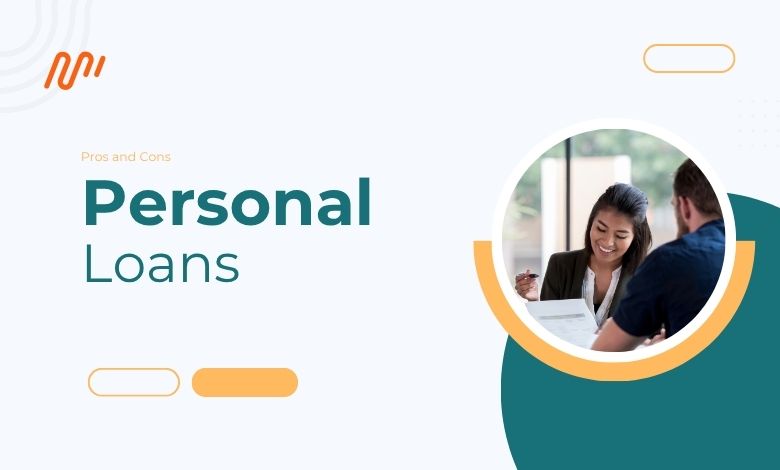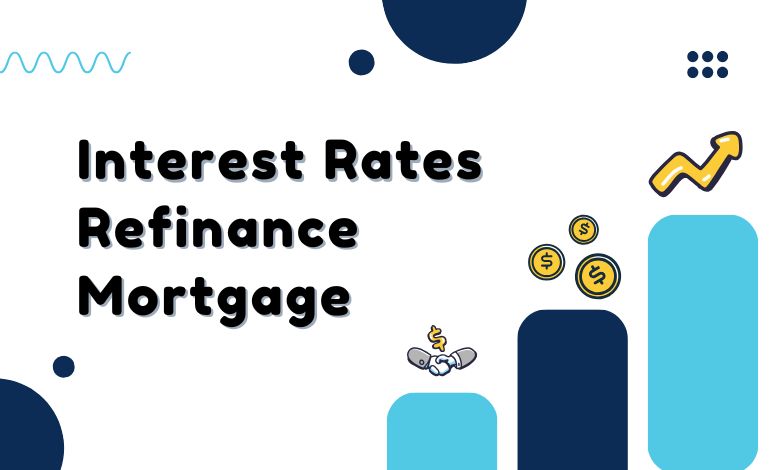Pros and Cons of Using Personal Loans for Major Life Events in the U.S.

In the United States, major life events like weddings, home renovations, medical emergencies, and even dream vacations often come with significant expenses. While some people plan ahead and save over time, others turn to financing options like personal loans to cover these costs. Personal loans offer fast access to cash, but they also come with long-term financial responsibilities. Understanding the pros and cons of using personal loans for major life events can help you make a more informed financial decision.
What Is a Personal Loan?
A personal loan is a type of unsecured loan provided by banks, credit unions, and online lenders. Borrowers typically receive a lump sum that is repaid in fixed monthly installments over a set period—usually between 2 to 7 years. Because personal loans are unsecured, they don’t require collateral, but interest rates are determined largely by the borrower’s credit score and financial history.
Common Life Events People Finance with Personal Loans
- Weddings
- Home improvement projects
- Medical procedures not covered by insurance
- Adoption or fertility treatments
- Moving or relocation
- Funerals
- Vacations or honeymoons
While these events are meaningful or necessary, their high costs often prompt individuals to consider borrowing.
Pros of Using Personal Loans for Major Life Events
1. Quick Access to Funds
One of the biggest advantages of personal loans is speed. Many online lenders offer same-day or next-day funding upon approval. This can be crucial for emergencies like medical needs or funeral expenses.
2. Fixed Interest Rates and Payments
Most personal loans come with fixed interest rates, meaning your monthly payments remain predictable. This makes it easier to budget over the life of the loan, compared to variable-rate financing options like credit cards or HELOCs (Home Equity Lines of Credit).
3. No Collateral Required
Because personal loans are unsecured, you don’t have to risk losing your home, car, or other assets if you’re unable to repay—unlike secured loans or credit lines tied to property.
4. Can Help Build Credit
When managed responsibly, a personal loan can improve your credit mix and payment history, two key components of your credit score. Timely payments can boost your score over time, opening up better financial opportunities in the future.
5. Consolidated Payments
Some people use personal loans to consolidate multiple high-interest debts related to a life event, such as wedding bills on several credit cards. A single monthly payment at a lower interest rate can simplify finances and reduce total interest paid.
Cons of Using Personal Loans for Major Life Events
1. Debt for Non-Essential Spending
While some life events like medical procedures are essential, others—like luxury weddings or extended vacations—are discretionary. Taking on debt for non-essential expenses can strain your finances, especially if unexpected events (like job loss) make repayment harder.
2. High Interest Rates for Some Borrowers
Not everyone qualifies for low-interest personal loans. Borrowers with fair or poor credit may face APRs as high as 25%–36%, making the loan more expensive than it appears initially. Over time, you could pay significantly more than the original amount borrowed.
3. Impact on Credit Score
Taking out a personal loan will trigger a hard inquiry on your credit report, which can temporarily lower your score. If you miss payments or default, your credit score can suffer long-term damage, affecting your ability to secure future financing.
4. Monthly Repayment Burden
Unlike using savings, a personal loan adds a new monthly obligation. If your budget is already tight, this additional burden can lead to financial stress or even late payments, which come with fees and credit penalties.
5. Temptation to Overspend
Having access to a large lump sum may tempt some borrowers to overspend on their event, especially if it’s something emotionally charged like a wedding or baby shower. This can lead to unnecessary financial strain that lingers long after the celebration is over.
When Does a Personal Loan Make Sense?
- You have a good credit score and can qualify for a low-interest rate.
- The life event is urgent or unavoidable (e.g., medical procedure, relocation).
- You have a stable income and a repayment plan in place.
- You’ve compared loan options and understand the total cost of borrowing.
If these conditions are met, a personal loan can be a responsible and helpful financial tool.
Alternatives to Personal Loans
Before committing to a personal loan, consider other options:
- Saving in advance – Best for non-urgent life events.
- 0% APR credit card promotions – Ideal for short-term repayment plans.
- Borrowing from friends or family – Risky but may come interest-free.
- Employer-based financial assistance – Some companies offer loans or grants.
Conclusion
Using a personal loan to fund a major life event in the U.S. can be a smart choice under the right circumstances. It provides fast, unsecured funds with predictable terms—but it also adds financial obligations that can affect your future. Like any debt, personal loans should be approached with caution and clarity. By weighing the pros and cons carefully, you can make a decision that supports both your immediate needs and your long-term financial well-being.



